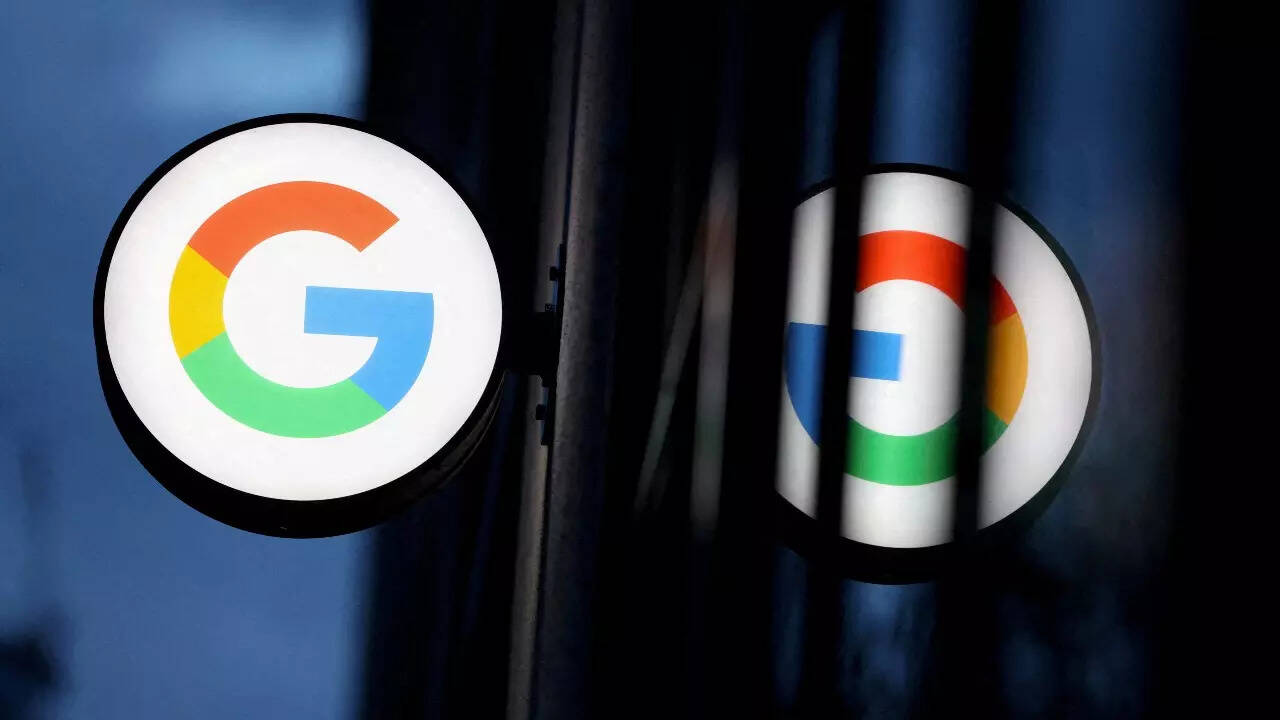Google is making changes to Android. The company has started to make changes to its policy dealing with apps and the digital ecosystem. The decision comes after the company failed to get any immediate relief from the courts against the Competition Commision of India (CCI) order, which found it abusing dominance and engaging in anti-competitive practices in India. “We take our commitment to comply with local laws and regulations in India seriously. The CCI’s recent directives for Android and Play require us to make significant changes for India, and today we’ve informed the CCI of how we will be complying with their directives,” Google said in a blog post. The changes aim to give Android users more choice to explore competing apps on the Android Play Store. Users will be able to customise their devices to suit their preferences.
Why Google is changing its rules for Android in India
The changes come after Google was slapped with a fine of Rs 1,338 crore for abusing dominance through its Android operating system, while being asked to pay another Rs 936 crore as fine in a case related to its Play Store policies. Google is making the changes after it failed to get any relief from the National Company Law Appellate Tribunal (NCLAT) and the Supreme Court.
Three biggest changes it means for Android users
* Change default search engine
Google will allow users to choose a default search engine, instead of only Google search. The search giant will give users the ability to choose their default search engine “via a choice screen” whenever they start setting up a new Android phone or tablet. “Indian users will now have the option to choose their default search engine via a choice screen that will soon start to appear when a user sets up a new Android smartphone or tablet in India,” the company said.
* OEMs will be able to license individual Google apps for pre-installation on their devices
Google will now allow Android smartphone makers to license its apps individually, instead of the entire bouquet. This means that OEMs can choose individual Google apps instead of bundling the entire suite of Google’s services. “OEMs (such as smartphone manufacturers) will be able to license individual Google apps for pre-installation on their devices,” it said. So far, Google mandated companies to opt for the entire suite of Google’s services. The company also said it’s updating the Android compatibility requirements to introduce changes for partners to build non-compatible or forked variants.
Why Google is changing its rules for Android in India
The changes come after Google was slapped with a fine of Rs 1,338 crore for abusing dominance through its Android operating system, while being asked to pay another Rs 936 crore as fine in a case related to its Play Store policies. Google is making the changes after it failed to get any relief from the National Company Law Appellate Tribunal (NCLAT) and the Supreme Court.
Three biggest changes it means for Android users
* Change default search engine
Google will allow users to choose a default search engine, instead of only Google search. The search giant will give users the ability to choose their default search engine “via a choice screen” whenever they start setting up a new Android phone or tablet. “Indian users will now have the option to choose their default search engine via a choice screen that will soon start to appear when a user sets up a new Android smartphone or tablet in India,” the company said.
* OEMs will be able to license individual Google apps for pre-installation on their devices
Google will now allow Android smartphone makers to license its apps individually, instead of the entire bouquet. This means that OEMs can choose individual Google apps instead of bundling the entire suite of Google’s services. “OEMs (such as smartphone manufacturers) will be able to license individual Google apps for pre-installation on their devices,” it said. So far, Google mandated companies to opt for the entire suite of Google’s services. The company also said it’s updating the Android compatibility requirements to introduce changes for partners to build non-compatible or forked variants.
* To offer ‘user choice billing’
Google will also bring user choice billing. The same will be available to all apps and games starting next month. “Through user choice billing, developers can offer users the option to choose an alternative billing system alongside Google Play’s billing system, when purchasing in-app digital content,” said Google.

